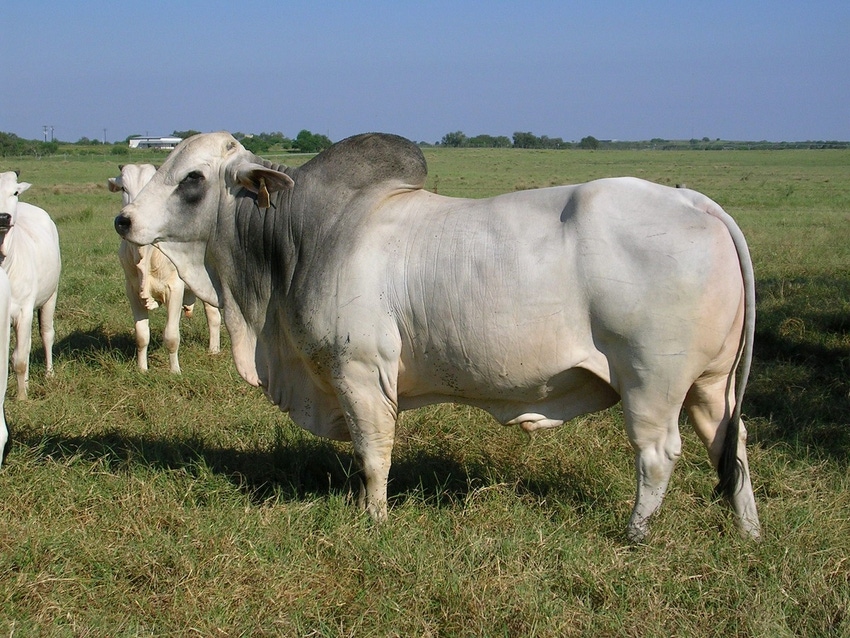March 15, 2016

Livestock producers may be interested in three new reports from Texas AgriLife experts featuring potential for using “guardian dogs” for sheep and goat operations, the importance of bull selection for South Texas cow/calf operations, and potential for establishing summer/fall tall fescue for grazing.
Year-long project involves seven ranches, 22 dogs
The West Texas sheep and goat industry will soon be “going to the dogs�” if a team of Texas A&M AgriLife experts has their way.
Dr. Reid Redden and Dr. John Tomecek, Texas A&M AgriLife Extension Service state sheep and goat specialist and wildlife specialist, respectively, and Dr. John Walker, Texas A&M AgriLife Research resident director, all of San Angelo, are heading a new year-long research project called “Understanding and Expanding the Use of Livestock Guardian Dogs in West Texas.”
“The goal is to place livestock guardian dogs on large West Texas ranches with ranchers who have never used them as a predator management tool,” Redden said. Read the complete report.
Bull selection important part of rebuilding herd
The importance of bull selection to South Texas cow/calf producers in rebuilding their herds has been fleshed out in a new publication by experts at the Texas A&M AgriLife Research and Extension Center at Corpus Christi and Texas A&M’s department of agricultural economics in College Station.
“Profitability of Beef Cattle Best Management Practices in South Texas: Improving Profitability with Genetically Superior Sires and Higher Breeding Ratios,” is the latest addition to Farm Assistance Focus, a series of cow/calf publications dating back to 2006.
“Most of these publications are relevant to other areas of the state even though they reference South Texas,” said Mac Young, a Texas A&M AgriLife Extension Service program specialist in Corpus Christi and one of four authors of the study.
El Niño offers opportunity to establish tall fescue
The past El Nino autumn and winter offered a good opportunity to establish pastures of summer-dormant tall fescue in Texas and Oklahoma, according to Dr. Dariusz Malinowski, a Texas A&M AgriLife Research forage agronomist and plant breeder in Vernon.
“A number of producers inquired about the availability of summer-dormant tall fescue seed last summer, and these producers had luck with stand establishment last autumn,” Malinowski said. “The first growing season is the most critical to establish summer-dormant tall fescue pasture, and it looks like the weather has been cooperating so far.”
For more than 10 years, he has been researching and evaluating a number of cool-season grasses originating from the Mediterranean Basin in environments with harsh summer droughts and mild winters, resembling Texas climate conditions. Read more.
You May Also Like




